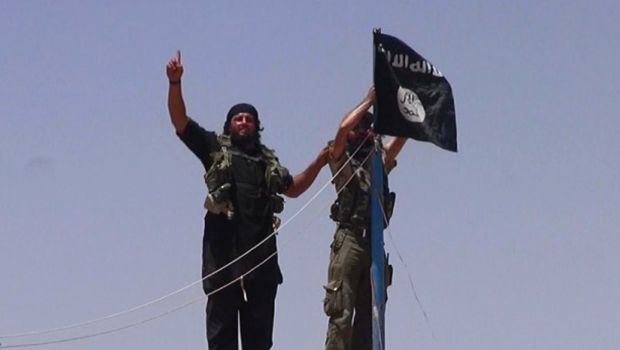Perhaps it would be courageous for the US and the UK to take the initiative and acknowledge the repercussions of their floundering policies, both on their own countries as well as on the Iraqi people and Arab world. However, it is not enough to merely acknowledge these mistakes. While an apology from senior officials in the US and UK would not change the situation on the ground, it could be seen as an expression of their commitment to shoulder their historic responsibility. Neither country can wash their hands of the consequences of their failure to draw up realistic and practical plans for post-Saddam Iraq. Both the US and UK are inexorably involved in this; the US led the coalition and the UK was Washington’s strongest ally in the 2003 invasion of Iraq.
Both countries contributed a vast amount of money to the war effort, but their plans did not include drawing up practical guidelines for the post-Saddam period. This, ultimately, has led to the situation that Baghdad now finds itself in. A lot of blood has been shed in Iraq since the 2003 invasion, and national unity has been continuously disrupted. This situation has ultimately deteriorated to the point that we see major Iraqi territory, including the city of Mosul and the entire province of Nineveh, falling into the hands of just a few hundred fighters belonging to the Islamic State of Iraq and Syria (ISIS).
By the time this article goes to print, perhaps Iraqi Prime Minister Nuri Al-Maliki’s government will have managed to recapture Mosul. Despite the unlikeliness of this scenario, it is one that must be considered, if for no reason other than to be objective. But until Mosul is recaptured, the fact of the matter is that ISIS is imposing a strong presence on the ground in both Iraq and Syria. It is now the main threat to the region. In this context, I would like to ask those in charge a question: Have we reached a point where ISIS can no longer be contained, let alone eliminated?
I am not a strategist, and I do not have an answer to this question. Neither do I wish to jump to baseless conclusions based on speculation rather than accurate information. However, it is now clear that the influential powers in the region need to re-evaluate the situation on the ground with the view that containing ISIS is the top priority.
Who is bankrolling and backing this group, particularly when taking into account the fact that hundreds of ISIS members were able to force thousands of Iraqi soldiers to flee?
Ever since the name “ISIS” started to circulate in international media outlets, this question has occupied those uninformed about what is happening in the region. I remember my surprise when ISIS’s emir, Abu Bakr Al-Baghdadi, was featured on the front cover of Time magazine in late 2013. At the time, I wondered who this man was, that he should appear on the front cover of this internationally renowned magazine.
Well, it is clear that this question was not only genuine and legitimate, but remains as pressing and puzzling as before. Who is bankrolling ISIS and providing its fighters with weapons? Many in the Arab world are pointing the finger at either Iran or collusion on the part of Syria’s president, Bashar Al-Assad. But the government of Tehran supports Maliki’s government in Baghdad and is supportive, in both words and deeds, of the Assad regime Baghdadi claims to be fighting, so how could this be the case? ISIS claims to be leading a Sunni rebellion against the injustices done to Iraq’s Sunni community following the fall of Saddam Hussein. It remains unclear what is right or wrong or who is seeking to trick whom into getting stuck in the quagmire of the Arab region.
Without a doubt, whatever is happening will prove to be extremely significant. If ISIS successfully carves out parts of Syria and Iraq and declares its own Islamist state, the danger this group represents will only be compounded. Averting the partition of Iraq and Syria has become the number-one priority, and it requires the intervention of all sides that can extinguish this fire before it spreads further.

I completely agree with the author’s pragmatic intentions to avert an immediate fractionation of Iraq. But is it an intention of the players on the grounds who are directly or indirectly prompting ignition and henceforth creating havocs? Who is what and why is that going to happen? The orchestrating complicits and the architectural designers of this present Iraqi dilemma are not in the fields, but their whole hearted successors are still very much active with their old dirty ‘divide and role ‘ policies. The US and the UK led invasion of Iraq in 2003 is solely responsible for the current situation. But they are doing nothing and just allowing the situation going from bad to worst. The perpetrators yet have not offered an apology for their crimes and violations of the international laws against a sovereign country.